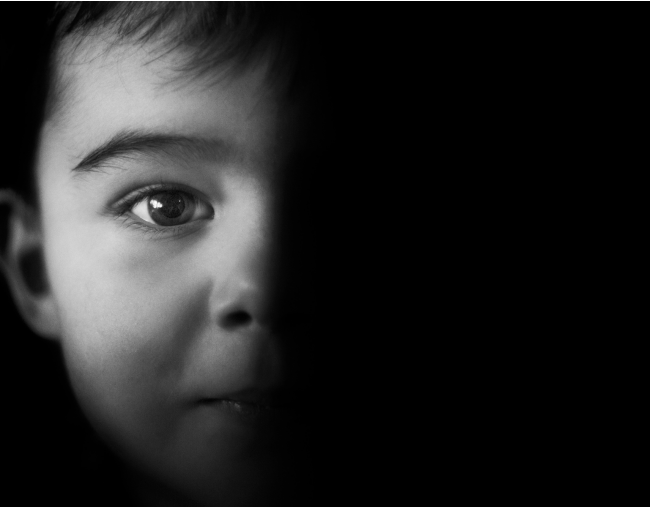
Do you give your kids a cute little nickname? For us, Max was our little monkey. Happy, bubbly, cheeky and kind is what summed up our boy. Our gentle giant – so much taller than friends his age, but with a tender soul.
He now has another name attached to him, but although this one sounds cute too, it is anything but cute: PANDAS.
It stands for Paediatric Autoimmune Neuropsychiatric Disorders Associated with Streptococcal infection.
If only it was an infestation of cute black and white fuzzy animals that make us laugh in YouTube videos when they play roly-poly in the snow.
In late February 2016, just before his seventh birthday, Max and his little sister both came down with a virus. Nothing out of the ordinary for two primary school-aged children. They both had high temperatures for four days and were fine after that. For two days, everything was back to normal. Then I received the call from school that we all dread.
Max had been in class, and suddenly became extremely dizzy. He told his teacher who tried to move him to sick bay, but in the process he became weak and threw up just outside of his classroom door. His wonderful teachers and school staff looked after him until I picked him up. At first, I thought he had caught the gastro that was going around, but he didn’t vomit anymore, and he complained that the room continued to spin.
I took him to the emergency department at a Sydney hospital, where he was seen to by the neurology team. They quickly admitted him for the night to remain under observation. The bouts of vertigo came and went over the 24 hours, and he was released from hospital the next day, the day he turned seven-years-old. The team believed that he was having vertigo attacks that had been brought on by the virus, and that he may have an inflamed vestibular nerve, which controls balance. An MRI was ordered to rule out anything else. They were hopeful that the vertigo would slowly start to settle, and it would be gone within six weeks.

Top Comments
Oh wow, thank you for sharing this. I had heard of PANDAS but I admit I really didn't know what it was.
All the best in your sons recovery.
PANDAS is so scary. Our son contracted it and we had severe involuntary movements for 3 years. The tics were extremely distressing for him. Luckily after antibiotics, vitamins and naturopathy remedies it seems to have calmed down now to a manageable level. Best of luck with your ongoing treatments and in getting the word out there about this terrifying ailment.